2021 - A year full of hope!
Let’s see whether Janus gives us some hints.
Until 450 BC, January and February were not part of the Roman calendar. They were considered dormant in agriculture and also in terms of war. This was a time of peace. Due to the March Equinox, the Roman calendar began in March, and was named for “Mars”, the god of War, who was also an agricultural guardian.
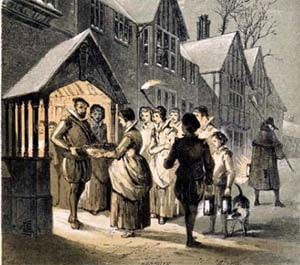 Wassail Bowl Celebration
Wassail Bowl Celebration January 5th - in English folk custom, marked the end of the Christmas period, and in ancient Celtic tradition, the end of the 12-day winter solstice celebration. On the Twelfth Night, it was customary for the assembled company to toast each other from the wassail bowl, a delicious hot cider drink toasting to health.
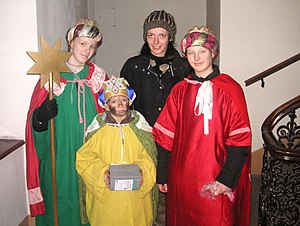 European Star Singers
European Star Singers 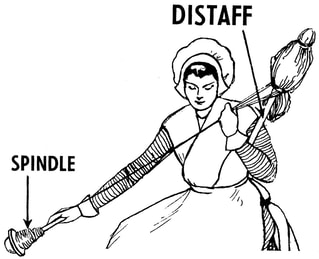
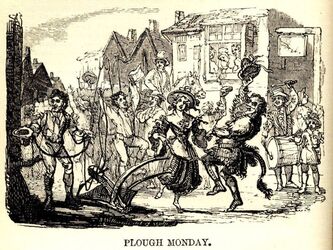
In modern times, a folk revival has returned Plough Monday to some small communities. If you have a small farm, why not celebrate the start of spring sowing this way!

WHY IS IT CALLED THE FULL WOLF MOON?
The full Moon names used by The Old Farmer’s Almanac come from a number of places, including Native American, Colonial American, and European sources. Traditionally, each full Moon name was applied to the entire lunar month in which it occurred, not just to the full Moon itself.
It’s thought that January’s full Moon came to be known as the Wolf Moon because wolves were more often heard howling at this time. It was traditionally believed that wolves howled due to hunger during winter, but we know today that wolves howl for other reasons. Howling and other wolf vocalizations are generally used to define territory, locate pack members, reinforce social bonds, and coordinate hunting.
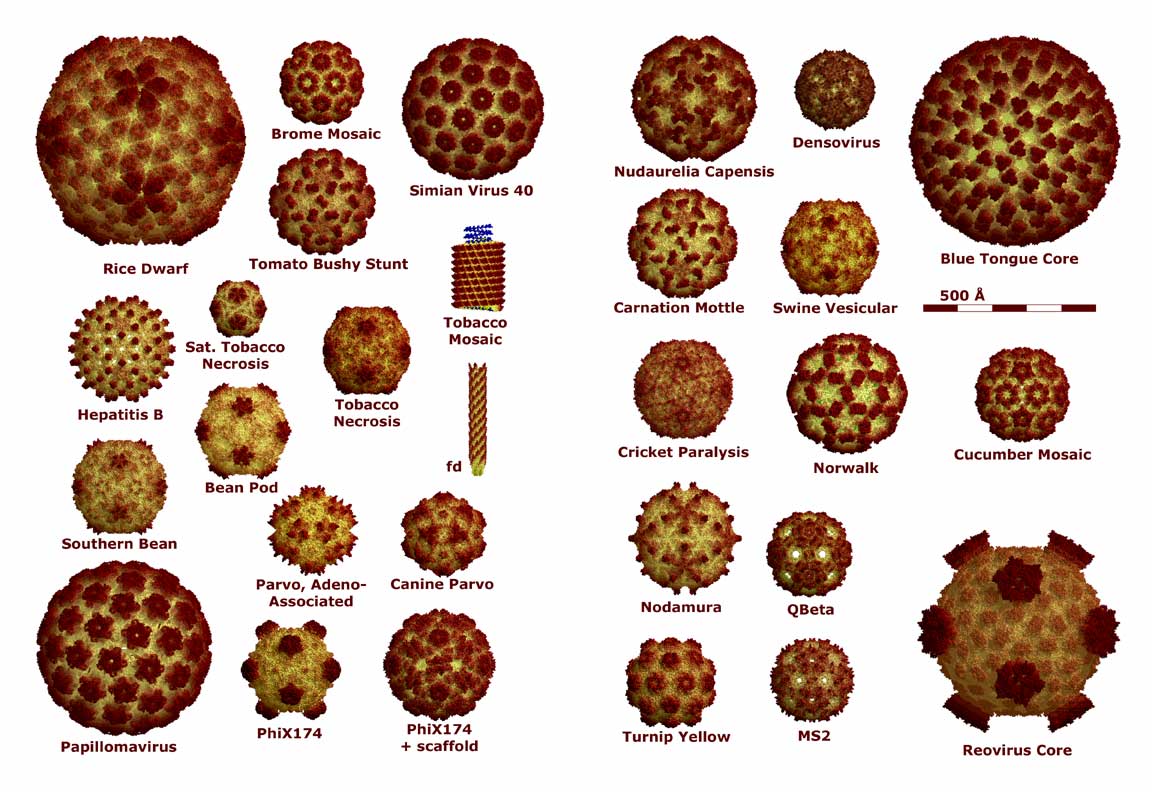 Some of the countless viruses
Some of the countless viruses So it is somehow comforting to look back at folk traditions, that have endured through these thousands of years of collapses and rebirths, to see that the timeless cycles of the seasons, of growth and renewal, remain embedded in our yearly work of growing and reproducing. This pandemic too will pass. Perhaps our children will look back at the final numbers and see that we were able with our modern technologies to hold the line against the grim reaper’s massive success in the past, and not come close to what he stole from us 102 years ago.
The science of viral evolution shows us that viruses tend to become less virulent over time. After all, it makes more ‘sense’ for the hosts that are infected to survive, to facilitate the survival of the virus to continue existing into the future. A virus that kills 100% of the hosts it attacks, is a virus that will die out and disappear. The more hosts that survive, the more chances of mutating into more sustainable forms that the virus will have. We lacked the modern medicines/technologies in 1918 that are available to us today. So maybe 300 million deaths worldwide in today’s numbers, is not so likely. We choose to be optimistic and think that our agricultural traditions will survive this current assault. We will get through this!
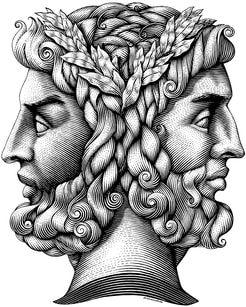

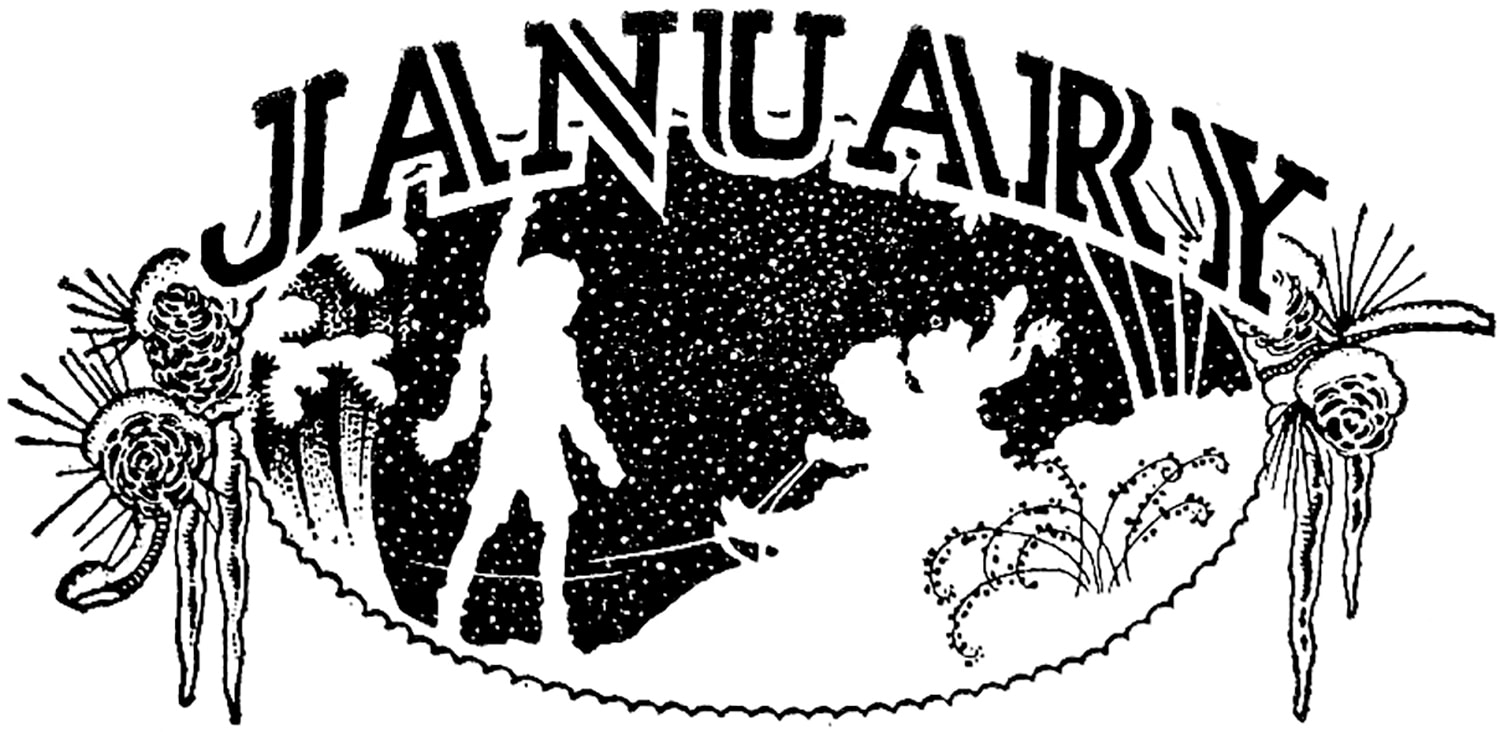
 RSS Feed
RSS Feed